INCATE was founded to help meet the challenge of Antimicrobial Resistance (AMR).
INCATE is a unique not-for-profit organization that brings together translational and basic research, industry, experienced entrepreneurs and investors from across Europe.
It will, together with partners, focus on supporting innovators to take their projects and ideas out of academia and research and develop them into investable ventures.
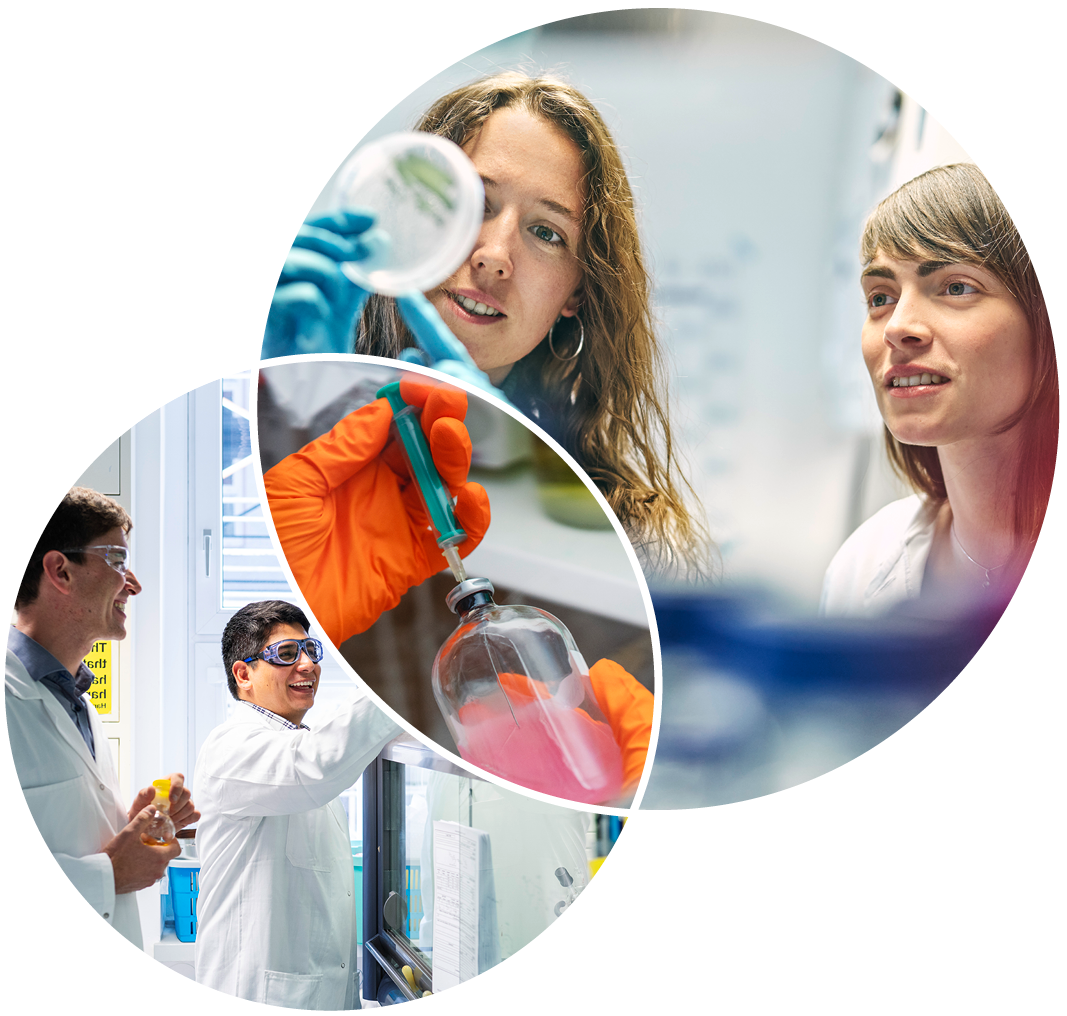
INCATE Board
The INCATE board provides oversight on behalf of the Academic members. The current board are:
INCATE Selection Committee
INCATE has a Selection Committee made up of Independent and Industry representatives. Their collective role is to select Ventures for Stage I and Stage II and they will also provide support and advice to Ventures.
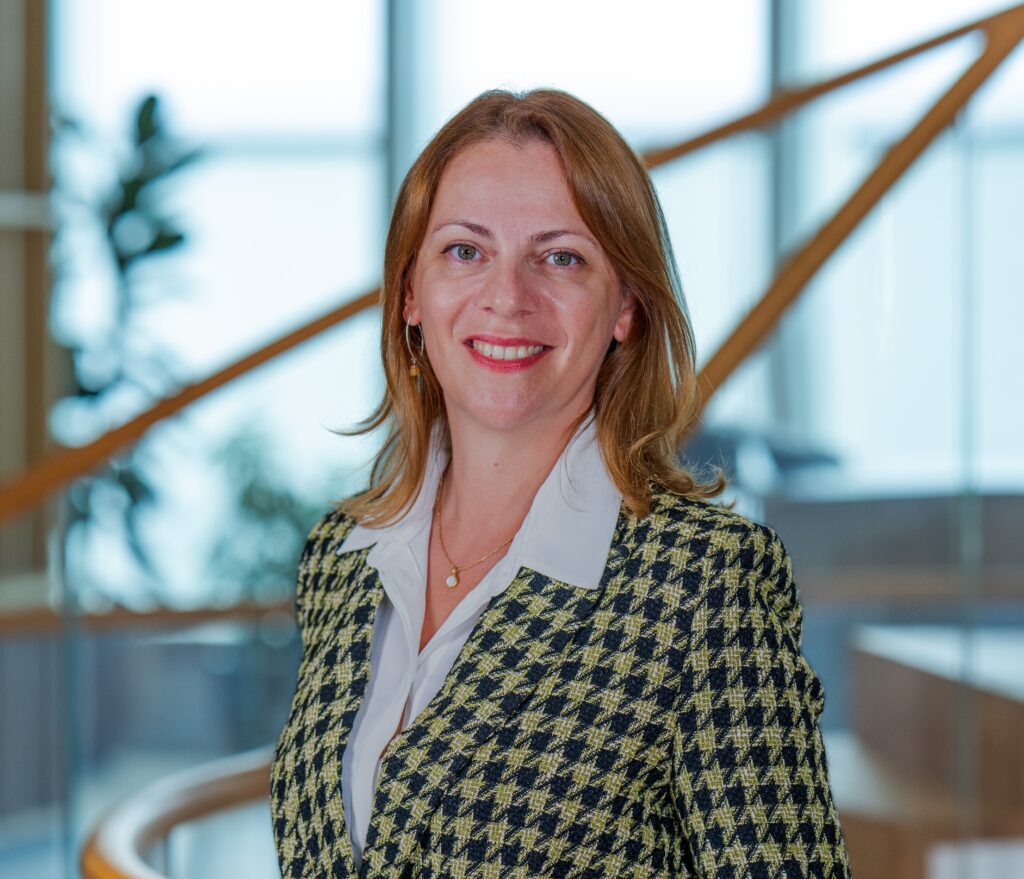
Dr. Rusudan Okujava
Roche
Bio
Rusudan holds MSc in Immunology from Tbilisi State University (Georgia) and PhD in Molecular Microbiology from Biozentrum, University of Basel (Switzerland). She spent multiple years in the academic environment in the field of host-pathogen interaction, studying the role and molecular mechanisms of bacterial secreted proteins in establishing chronic infections.
Rusudan joined F. Hoffmann La-Roche Ltd in 2015 as a scientist in the Antibiotics group, Infectious Diseases department in Basel. She was engaged in supporting advanced antibiotics programs for clinical microbiology studies, being responsible for evaluating the mode of action and resistance development (in vitro & in vivo), as well as for global surveillance programs to assess the coverage spectrum of compounds in development.
Rusudan today is a Discovery Research Project Leader at Roche. She is working in several multidisciplinary research teams, leading external collaborations and internal portfolio projects.
Since 2019 Rusudan is part of the Roche Antibiotics Discovery Leadership Team, a board of scientists accountable for Roche Antibiotics Discovery group, strategy and portfolio.
.
Why did you choose to join the INCATE program?
The rise in antimicrobial resistance and global spread of multidrug-resistant bacteria pose serious and growing threats to global health. We believe successfully tackling this threat requires coordinating actions and collaborating across the industry and academia. We have joined the INCATE program because we strongly believe in the objectives of INCATE, bringing together translational and basic research, industry, experienced entrepreneurs and investors from across Europe to accelerate innovation.
What is success for the INCATE program for you?
Roche drives innovation in healthcare by following the science in areas of high-unmet medical need where we feel we can make the most difference for patients with limited treatment options. Antimicrobial Resistance (AMR) is one of these fields. Supporting INCATE, we actively play a role and shape the antibiotic ecosystem in Europe.
What are you hoping that your organization can bring to INCATE and the ventures chosen in the program?
We are uniquely placed to help counter the threat of AMR – investing in both diagnostic technologies and new antibiotic agents, as well as working with a range of partners to ensure there is a global response to this urgent threat. We are contributing to leading scientific collaborations, investing in industry partnership to fund clinical research and engaging with policymakers on new market models that will bring new diagnostics and treatments to patients that need them. We believe our experience and support will be beneficial for INCATE in selecting and growing transformative antibiotic projects.
What do you think is the most important need in the field of antibiotic development?
Developing new antibiotics is both a scientific and economic challenge. As scientists, we need to develop a deeper understanding of how to design and tailor molecules that can overcome the built-in defense mechanisms of drug-resistant bacteria and their ability to exchange and accumulate transferable DNA containing antibiotic resistance genes.
From an economic standpoint, developing and commercializing antibiotics is challenging due to various factors including the market landscape, the traditionally low prices, and the unpredictability of the demand in the near and long-term future. However, given the massive need for novel antibiotics around the world, they are clearly undervalued as life- saving medicines compared to other therapy areas. To address this challenge, Roche is supporting efforts that aim to ensure a sustainable pipeline of new antibiotics to fight drug-resistant infections.
Why INCATE
Why did you choose to join the INCATE program?
The rise in antimicrobial resistance and global spread of multidrug-resistant bacteria pose serious and growing threats to global health. We believe successfully tackling this threat requires coordinating actions and collaborating across the industry and academia. We have joined the INCATE program because we strongly believe in the objectives of INCATE, bringing together translational and basic research, industry, experienced entrepreneurs and investors from across Europe to accelerate innovation.
What is success for the INCATE program for you?
Roche drives innovation in healthcare by following the science in areas of high-unmet medical need where we feel we can make the most difference for patients with limited treatment options. Antimicrobial Resistance (AMR) is one of these fields. Supporting INCATE, we actively play a role and shape the antibiotic ecosystem in Europe.
What are you hoping that your organization can bring to INCATE and the ventures chosen in the program?
We are uniquely placed to help counter the threat of AMR – investing in both diagnostic technologies and new antibiotic agents, as well as working with a range of partners to ensure there is a global response to this urgent threat. We are contributing to leading scientific collaborations, investing in industry partnership to fund clinical research and engaging with policymakers on new market models that will bring new diagnostics and treatments to patients that need them. We believe our experience and support will be beneficial for INCATE in selecting and growing transformative antibiotic projects.
What do you think is the most important need in the field of antibiotic development?
Developing new antibiotics is both a scientific and economic challenge. As scientists, we need to develop a deeper understanding of how to design and tailor molecules that can overcome the built-in defense mechanisms of drug-resistant bacteria and their ability to exchange and accumulate transferable DNA containing antibiotic resistance genes.
From an economic standpoint, developing and commercializing antibiotics is challenging due to various factors including the market landscape, the traditionally low prices, and the unpredictability of the demand in the near and long-term future. However, given the massive need for novel antibiotics around the world, they are clearly undervalued as life- saving medicines compared to other therapy areas. To address this challenge, Roche is supporting efforts that aim to ensure a sustainable pipeline of new antibiotics to fight drug-resistant infections.
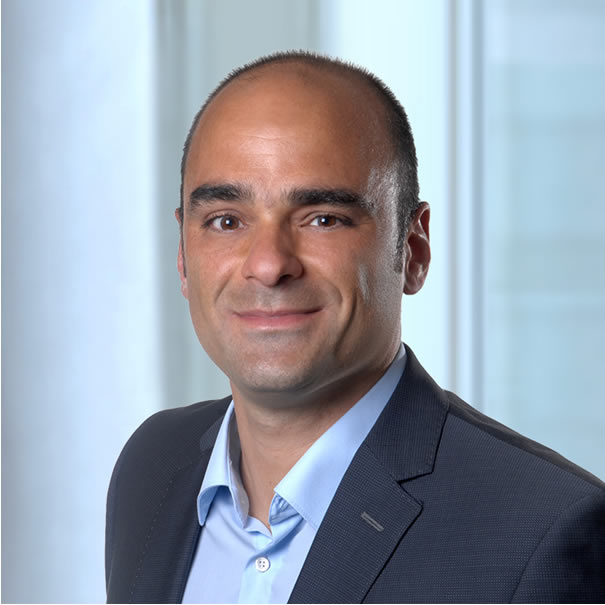
Dr. Philipp Mueller
Boehringer Ingelheim Venture Fund
Bio
Philipp studied Molecular Biology at the Biozentrum in Basel (Switzerland), holds a PhD in Biochemistry (2009) and has a long track record of working in translational immuno-oncology research, the infectious disease area as well as drug discovery within the pharmaceutical industry.
Philipp spent multiple years of translational immuno-oncology research in an academic environment (studying, amongst others, targeted agents, ADCs, CPIs, cancer vaccines, bispecific T-cell engager, immuno-cytokines, CD40 and CD137 agonists), during which he built and managed an extensive, global collaboration network with academic, biotech and pharma partners as well as published in high ranking scientific journals. He joined Boehringer Ingelheim in 2015 as a research team and project lead within the newly formed department of Cancer Immunology and Immune Modulation in Biberach an der Riss, where he specifically engaged in integration of outside innovation into the BI discovery strategy.
During his time within Boehringer Ingelheim´s R&D Philipp was leading multidisciplinary research teams, successfully moving two cargo armed oncolytic virus-based projects into development. He effectively managed stakeholders including both internal and alliance governance bodies and delivered IO research strategy for innovative novel platforms and new areas of biology. Contributing to Boehringer Ingelheim´s external innovation strategy he further identified, evaluated, initiated and managed alliances with multiple external partners.
After joining the Boehringer Ingelheim Venture Fund in 2020, Philipp serves as a board member of ImCheck Therapeutics in Marseilles and Asgard Therapeutics in Lund. In addition to contributing to the Venture Fund´s portfolio in the areas of immuno-oncology and immuno-modulation, Philipp engages in identifying cutting edge investment opportunities with groundbreaking therapeutic potential in the field of anti-infectives..
Why INCATE
Why did you choose to join the INCATE program?
AMR poses a growing threat to public health and the viability of our health systems around the world. However, research and development of new antibiotics is challenging for various scientific, regulatory, and economic reasons. One of the biggest hurdles we need to tackle are challenges faced by innovators from academia to build investment-ready ventures and to translate their cutting-edge research into urgently needed drugs. That´s what INCATE was founded for and we hope to make our contribution.
What is success for the INCATE program for you?
Seeing a significant number of INCATE backed start-ups with novel innovative ideas being enabled to attract substantial investments.
What are you hoping that your organization can bring to INCATE and the ventures chosen in the program?
Created in 2010, the Boehringer Ingelheim Venture Fund GmbH (BIVF) invests in groundbreaking therapeutics-focused biotechnology companies to drive innovation in biomedical research, including infectious diseases. Based on our scientific as well as company formation/shaping expertise we hope to provide valuable advice in selecting the most attractive projects and supporting the founders.
What do you think is the most important need in the field of antibiotic development?
The identification of novel, drugable therapeutic targets, out of the box thinking as well as enablement of new therapeutic modalities.
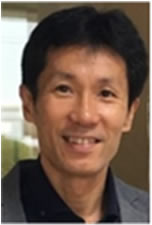
Dr. Hideki Maki
Shionogi
Bio
Hideki joined Shionogi & Co., Ltd., a Japanese pharmaceutical company, as a researcher in 1991, just after completing a Master’s program in molecular microbiology at Osaka University. For more than half a century, Shionogi has been active in the research and development of various unique antibiotics, represented by cefiderocol, moxalactam, and doripenem to name a few. During the 1990s, Hideki was mainly engaged in anti-MRSA research for target- and/or drug-discovery. In 2002, he was awarded with a Ph.D. for his research work on mode of action of natural antibiotics, hetero-resistance, and novel targets in MRSA.
Hideki worked as a guest researcher at Prof. Brigitte Berger-Bächi’s Laboratory, University of Zurich, Switzerland in 2003. He characterized one of the genes involved in glycopeptide-resistance, and published its mutations in clinical vancomycin intermediate-resistant Staphylococcus aureus (VISA) in US and Europe.
Since 2005, Hideki has been leading multidisciplinary teams as Section Manager/Director at Shionogi, in charge of more than 30 antibacterial and antifungal programs including drug-discovery, R&D, in-license, out-license, life cycle management of the marketed drugs, and global research collaborations with academia, startups, and companies including even outside the pharmaceutical industry. He has accumulated a wide range of expertise and know how necessary for drug development in dealing with natural compounds, small molecules, peptides, oligonucleotides, antibodies, bacterial phages, etc., as well as in establishing original in vitro and in vivo evaluation systems for anti-infectives in view of translational science
Why INCATE
Why did you choose to join the INCATE program?
AMR is a global issue. Shionogi backs the INCATE approach to help innovators bridge the gap from research to becoming investable companies. Innovation is key to addressing the AMR issue, but it requires partnerships across the ecosystem to accelerate the development of new solutions to the AMR challenge. Shionogi is willing to play its part in building these partnerships to help tackle the most difficult barriers in development and delivery of AMR solutions.
What is success for the INCATE program for you?
By building a global network, Shionogi aims to be recognized as the partner of choice when dealing with infectious diseases. We aim to deliver innovative therapies and Shionogi is delighted to participate in the INCATE program.
What are you hoping that your organization can bring to INCATE and the ventures chosen in the program?
Opportunity for collaborations and/or alliances to advance potential innovations to pre-clinical or further development stage. Our expertise and know how on patient and clinical need to help shape product development.
What do you think is the most important need in the field of antibiotic development?
Greater public support and awareness is key to remove bottle necks and accelerate Industry-Academia-Government collaborations. As infectious diseases, especially AMR issues are global problems, ideally they should be dealt with under some international agreement system such as the COP26 on the issues of climate change.
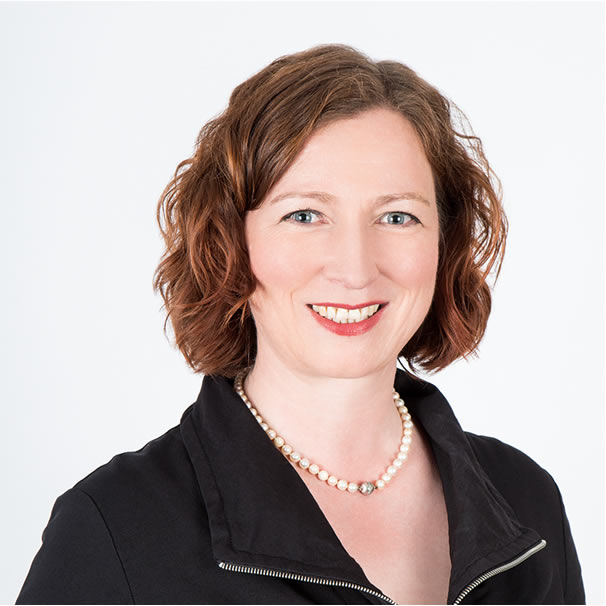
Sibyll Escher
MSD (Germany)
Bio
Sibyll studied Chemistry at University Marburg and Düsseldorf, holds a degree in chemistry (diploma,1995) and is working at MSD for 25 years with more than 15 years anti-infective experience.
Sibyll is responsible in her role as a Director Medical Affairs Infectious Disease (bacterial infections/antibiotics, HIV, COVID-19, CMV) for:
- Initiation and supervision of medical research projects (local non-interventional studies and investigator sponsored trials) including publications
- medical input to clinical studies of phases I-IV as well as analysis and classification of the data into a medical context
- medical writing and scientific advice on health technology assessment procedures and value dossiers
- close cross-functional cooperation with in-house departments and coordination of external stakeholder engagement
- Conception, organization and implementation of scientific symposia, medical education events and study meetings
- providing scientific information to external scientific experts and healthcare stakeholders
- strategic advice and consultation for the development of new anti-infectives from phaseI/II to market approval
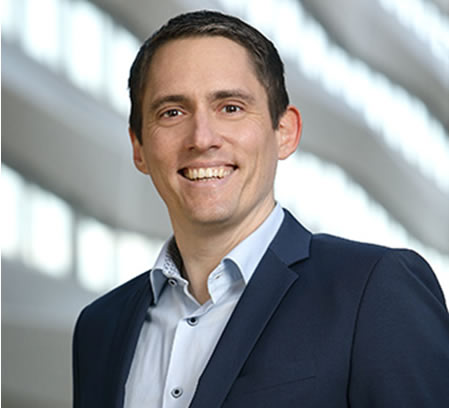
Dr. Marc Gitzinger
BioVersys, BEAM Alliance
Why INCATE
Why did you choose to join the INCATE program?
INCATE is a great opportunity to support early-stage innovation the field of AMR. As AMR represents a formidable threat to modern medicine in form of the silent pandemic, every initiative making a difference in this field is important. I’m happy to be part of this. Invest where it matters!
What is success for the INCATE program for you?
Motivating more academics and young entrepreneurs to get into developing novel antibacterial drugs. The world needs you! If in a couple of years we would get 1 or 2 of these early programs to reach patients, even better.
What are you hoping that your organization can bring to INCATE and the ventures chosen in the program?
I can bring a very holistic view of the entire AMR environment, the opportunities, the hurdles and what differentiates a successful program from a less successful one. I hope to also motivate and guide young entrepreneurs to achieve the best outcome for their programs.
What do you think is the most important need in the field of antibiotic development?
Clearly differentiated programs that address the most important unmet medical needs, a strong entrepreneurial character that comes along with persistence and the clear vision to develop medicines that humanity needs.
BIO
Marc is Chief Executive Officer and co-founder of BioVersys. He has over 10 years of experience in the biotech industry, having launched a university spin-off in the field of antimicrobial resistance and growing it into a multi-asset early clinical stage company. These assets address significant unmet medical needs in infectious disease such as tuberculosis and hospital acquired Acinetobacter infections. He has raised over $40 million in equity financing and established several important partnerships with a big pharma and other R&D organizations. Marc is a multi-award-winning Biotech CEO, having received amongst others the Swiss Technology Award 2011, Venture Kick 2009 and Venture Leaders 2008 and 2017 awards for his work in founding and advancing BioVersys. He is also vice-president of the board of the BEAM Alliance, a European association representing over 60 European and international SMEs active in antimicrobial research and development and board member of the AMR Industry Alliance. Marc is a thought leader in the field of antimicrobial research and development, passionate about next generation antimicrobial therapies. He leads a highly motivated team striving to bring life-saving antimicrobial therapies to patients. Marc is co-author on several high ranked scientific publications and patents in the field.
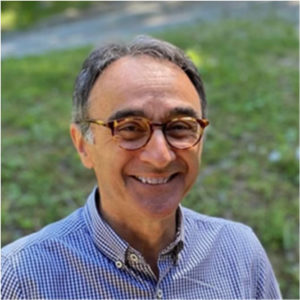
Dr. Jean-Pierre Paccaud
Independent (ex-GARDP)
Bio
Jean-Pierre Paccaud is a molecular and cellular biologist with a PhD from the University of Geneva School of Medicine and post-doctoral training at UC Berkeley under Prof. Randy Schekman. He spent over 18 years in academia, specializing in immunology, diabetes, and cell biology at the University of Geneva. In 2002, Jean-Pierre left his academic tenure to found Athelas SA, a startup focused on anti-bacterial drug discovery and development, which he led until its merger with Merlion Pharmaceuticals in 2006. In 2007, he joined the Drugs for Neglected Diseases initiative (DNDi), where he headed business development and legal teams, forming key R&D partnerships with global pharmaceutical companies, biotechs, and academic groups to develop drugs for neglected diseases. Jean-Pierre was instrumental in the founding of GARDP in 2017, a global initiative supported by DNDi and WHO, where he led Business Development and Corporate Strategy until his retirement in 2023. He brings a unique blend of scientific expertise, entrepreneurial leadership, and deal-making experience, particularly in addressing global public health needs and antimicrobial resistance (AMR) through biotech innovation.
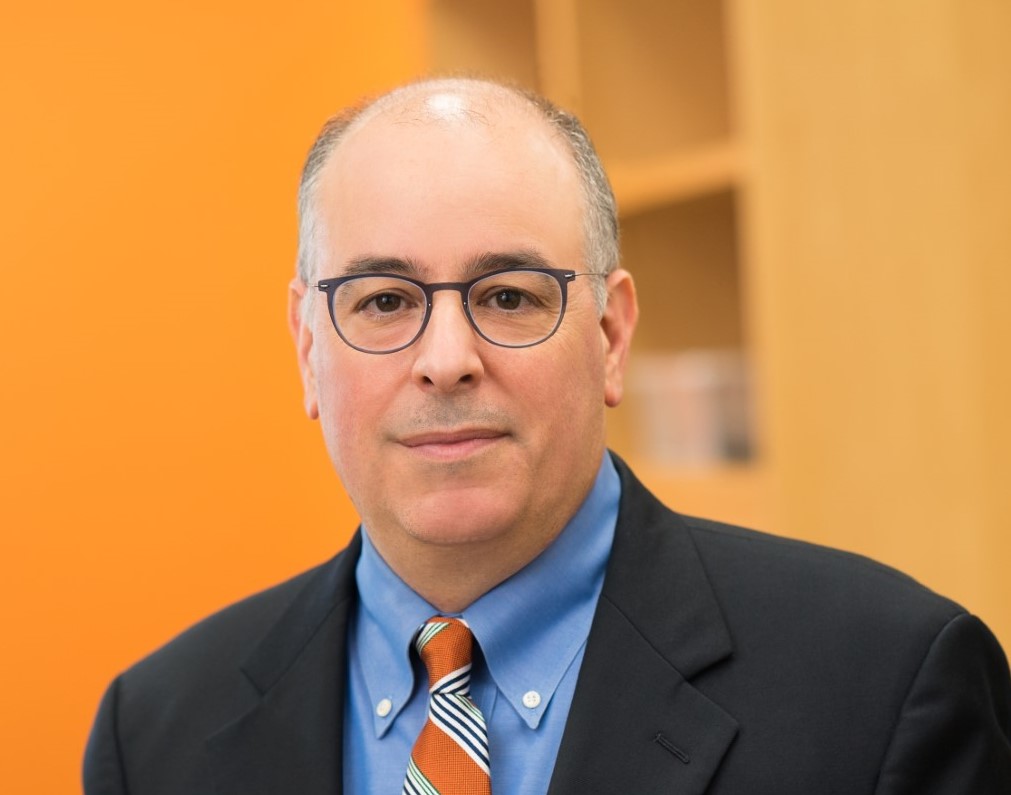
Dr. Richard Snyder
Kineticos
Bio
Richard Snyder, Ph.D. is a Venture Partner at the Kineticos AMR Accelerator Fund I. He is also the Vice President for Science and Technology, Pharma Services at ThermoFisher Scientific where he scientifically leads the S&T Team’s initiative developing multi‐generational manufacturing and analytical platforms used for the GMP production of Advanced Therapies (viral vector‐based gene therapies, molecular therapies, modified cell‐based therapies) utilized in in vivo and ex vivo human therapeutics.
Dr. Snyder joined ThermoFisher Scientific through the acquisition of Brammer Bio in 2019 which he co‐founded and served as the Chief Scientific Officer. He has been investigating virus biology, vector development, cGMP vector manufacturing and analytical technologies, and viral vector‐mediated gene transfer for over 37 years and was a member of teams who developed novel viral vector‐based human gene therapies. Dr. Snyder was a tenured Associate Professor of Molecular Genetics and Microbiology, and Director of Biotherapeutic Programs at the University of Florida; an Assistant Professor of Pediatrics (tenure accruing) at Harvard Medical School; and was previously employed by Cell Genesys, Somatix, Merlin, and Avigen where he was engaged in the development of gene transfer vector and vaccine technology, along with therapeutic applications. He has authored over 80 scientific publications and 8 US patents.
Dr. Snyder was a postdoctoral fellow at Johns Hopkins University School of Medicine, received his doctoral degree in Microbiology from The State University of New York at Stony Brook, and obtained his B.A. in Biology from Washington University in St. Louis.
INCATE Management Team
The management team manages the day-to-day activities and are:














































